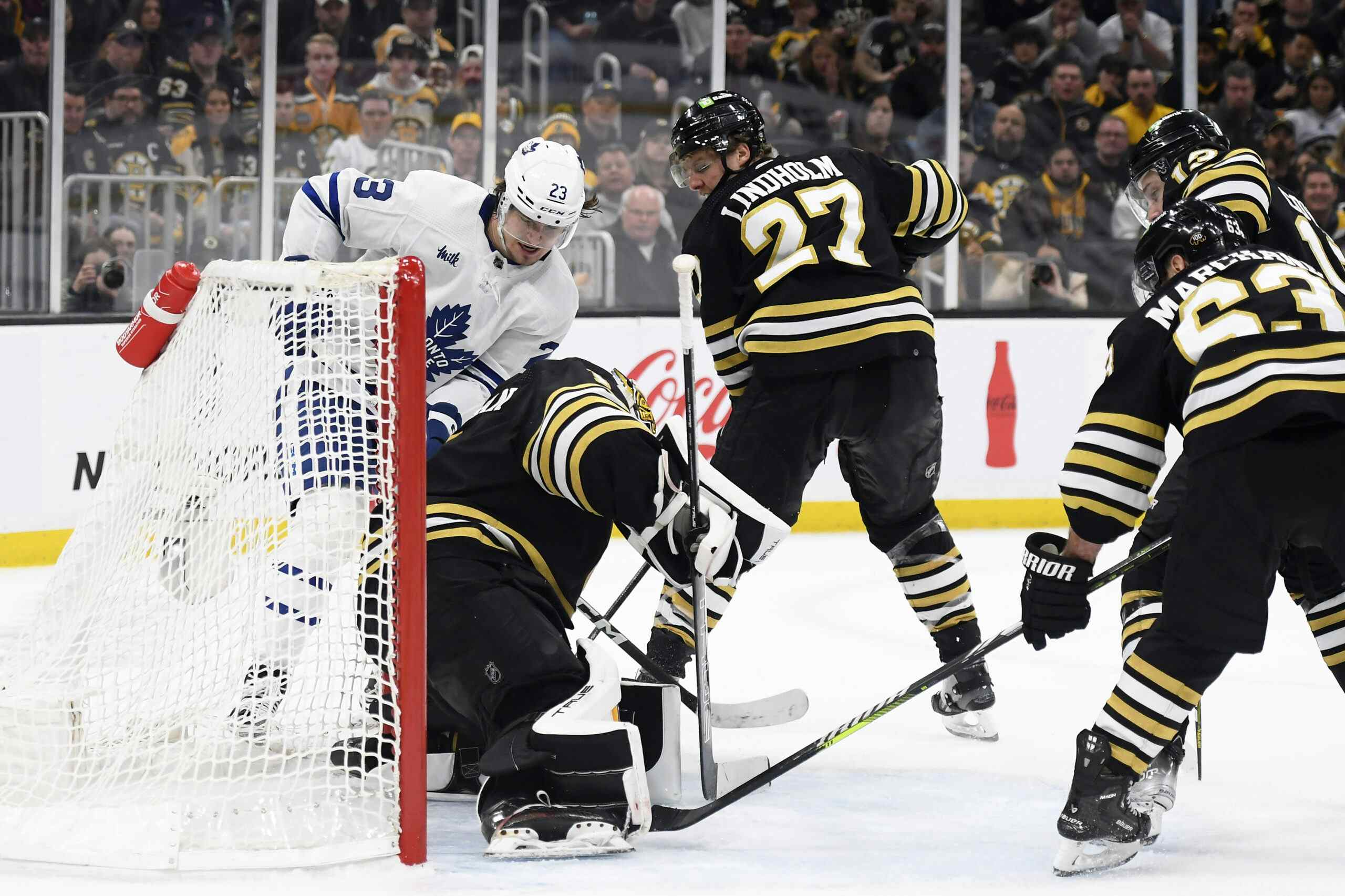Brian Burke on Mistakes

Jason Farris’ new book Behind the Moves (website here) is one that I’d describe as a must-read for any hockey fan. Filled with quotes from a myriad of NHL managers, it’s as close as we can get to a consensus picture of what general managers are thinking.
The above is especially true for people hoping to understand Maple Leafs GM Brian Burke, who wrote the book’s forward and is quoted extensively throughout. After the jump, we’ll look at one such quote – some valued advice that Burke got on mistakes when he first became a general manager.
I called Harry Sinden when I was a rookie GM, and he gave me some advice that I now put in a letter to rookie GMs. He said, ‘You always get a leaky ship. If it wasn’t a leaky ship, they wouldn’t have had to replace the GM. Get everything straight with ownership so you never have to worry that they’re not on board. Make sure ownership has the lines of communications open with you so that you know what you’re doing.’ He also said, ‘When you make a mistake, fix it. Don’t hang on to the guy for three years, hoping it works out. Flip him. Right away, fix it if you can.’
The last part of the quote is the one that really jumps out at me – Sinden was cautioning Burke against loss aversion.
Ori and Ron Brafman deal extensively with loss aversion in their book Sway: The Irresistable Pull of Irrational Behaviour. Put simply, loss aversion is the tendency that people have to do their best to avoid any form of loss.
A good example comes in Chapter Two of the Brafmans’ book. They relate the story of a man whose investments were largely concentrated in a single company, a company that he’d started and then sold. The man’s financial planner advised him to diversify by selling a set percentage of his company every three months. At $47/share, the man sold ten percent of his stake in the company, but then at the next quarter the valuation had fallen to $42/share. The man told his advisor that as soon as the shares went up to $47, he’d sell his stake. Then the price fell to $38/share, and the man told his planner he’d sell when the company rebounded to $44/share. This pattern continued, with the man refusing his planner’s advice to sell. Eventually, the stock bottomed out at 12 cents/share, and the man’s obsession with not losing money when he sold eventually led to him losing everything but the 10% that he’d sold off initially.
Hockey players can be like that too. As one example, consider Alexandre Daigle, the first overall pick in 1993 and a superbly talented player who went on to have a disappointing career. A little over four years after drafting Daigle, Ottawa traded him in the middle of a disappointing season for a package that included Vaclav Prospal, Pat Falloon and a second round draft pick. Undoubtedly, four years earlier Daigle would have commanded a much higher price, but the Senators didn’t insist on waiting for him to rebound. Had Daigle rebounded, history would not be kind to Ottawa but as it turns out the Senators fared well in that trade; a little under two years later, Daigle would be traded for “future considerations” and a year after that he would be out of hockey.
For a general manager, there’s another factor involved: not only might the player’s value drop further, but the team typically suffers while waiting for a player to rebound.
Has Burke heeded Sinden’s advice during his time in Toronto? To some extent, certainly. Jeff Finger wasn’t Burke’s mistake, but rather than look at the long-term contract the defenseman had with the Leafs, Burke instead waived him and then dumped him in the minors. Brett Lebda was Burke’s mistake, but after one terrible season he was able to pawn him off on Nashville. Mike Komisarek might be the exception to the rule, but then again it isn’t really clear what Burke can do with him – the player has a no-move clause.
Recent articles from Jonathan Willis





